
April 8, 2019
In my work with clients and in conversations with colleagues, I hear a lot of complaints about employees, but one of the most common ones is that Millennial workers have poor work ethic, lack initiative, and struggle to communicate effectively.
And perhaps surprisingly, this frustration is often expressed by business owners and managers who are themselves Millennials. I’ve worked with and teach many Millennials — from scientists to entrepreneurs — and I can tell you that no single generation can be defined by a series of buzzwords. But unfortunately, perception is reality, and many of these stereotypes can spook potential employers.
When you consider the cost of a bad hire, it’s easy to see why. According to a CareerBuilder survey, a single dud hire can cost companies of 500 or fewer employees $11,000. And if a company has more than 500 employees, that number quickly jumps to $22,000. Hiring managers are, therefore, keen to reduce their risk and maximize their ROI through rigorous interview processes.
As a Millennial seeking gainful employment, here’s how you can stand out from the masses, dispel stereotypes, and reinforce a potential employer’s confidence in you — even before your first day on the job.
Read the Full Article
March 28, 2019
“Vulnerability” is a polarizing word. Some people can open up to just about anyone without restraint, while others would sooner get a root canal than share their feelings.
In business, vulnerability is important, particularly among leaders. Consider this: Often, while working with clients, I discover that convictions or fears hold workers back from leading and collaborating. Overcoming these obstacles requires a fundamental shift in thinking.
As a leader, you have to help people process what’s driving their ineffective behaviors in order to correct them — and you can’t do that without some level of openness. This doesn’t mean you have to start sharing your life’s story, but it does mean you need to break free from the fears that keep you aloof. Read the Full Article
February 19, 2019
This is the second in a series on becoming more innovative. The first blog focused on the culture, and this one and the next focus on you.
While creating a culture of positive what-ifs and why-nots is crucial, the success of that transition starts with the leader being a positive role model.
If you are resistant to new ideas and are overly risk-averse, so too will be your peers and employees. People will follow the leader, for better or worse.
Let’s take a look at why it is important to not get stuck in the negative “what-ifs” and some practical things you can do to shift your mindset.
Read the Full Article
January 29, 2019
This blog post is the first of a two-part series on getting unstuck. This post focuses on organizations, and the next will focus on individuals.
Is your organization defined by a “culture of stuck” where the conversation gets mired in all the negative what-ifs instead exclaiming “Why not? Let’s make this happen!”
I recall when I led a team at a university and we tried a video contest to increase student engagement. Back then, making videos was just becoming popular. Nothing like our idea had been done before in the college, and we were excited about a new approach using technology in a new way. We even had generous company sponsorships for winners. But there were no winners — because there were no entries. We were stunned but not daunted. We had learned what didn’t work and assessed why.
But the reaction from other departments astounded me.
Read the Full Article
December 20, 2018
It’s funny how people think that when you have your own business things slow down in December. Quite the opposite, which made a presentation by Quyen Nguyen quite impactful a few weeks ago. Her words inspired me to slow down, ask more questions and really listen. One morning, I took Quyen’s advice. I decided not to rush off at the end of a coffee meeting, and as a result, I had the most amazing conversation. I waited to hear a story that deeply touched me, and it helped me get to know someone on a much deeper level.
I am delighted to share with you Quyen’s insights from a recent interview she gave following that presentation. As background, Quyen is from Vietnam and has worked in multiple countries as a researcher. She is currently earning her doctorate in applied economics and sustainable development. Read the Full Article
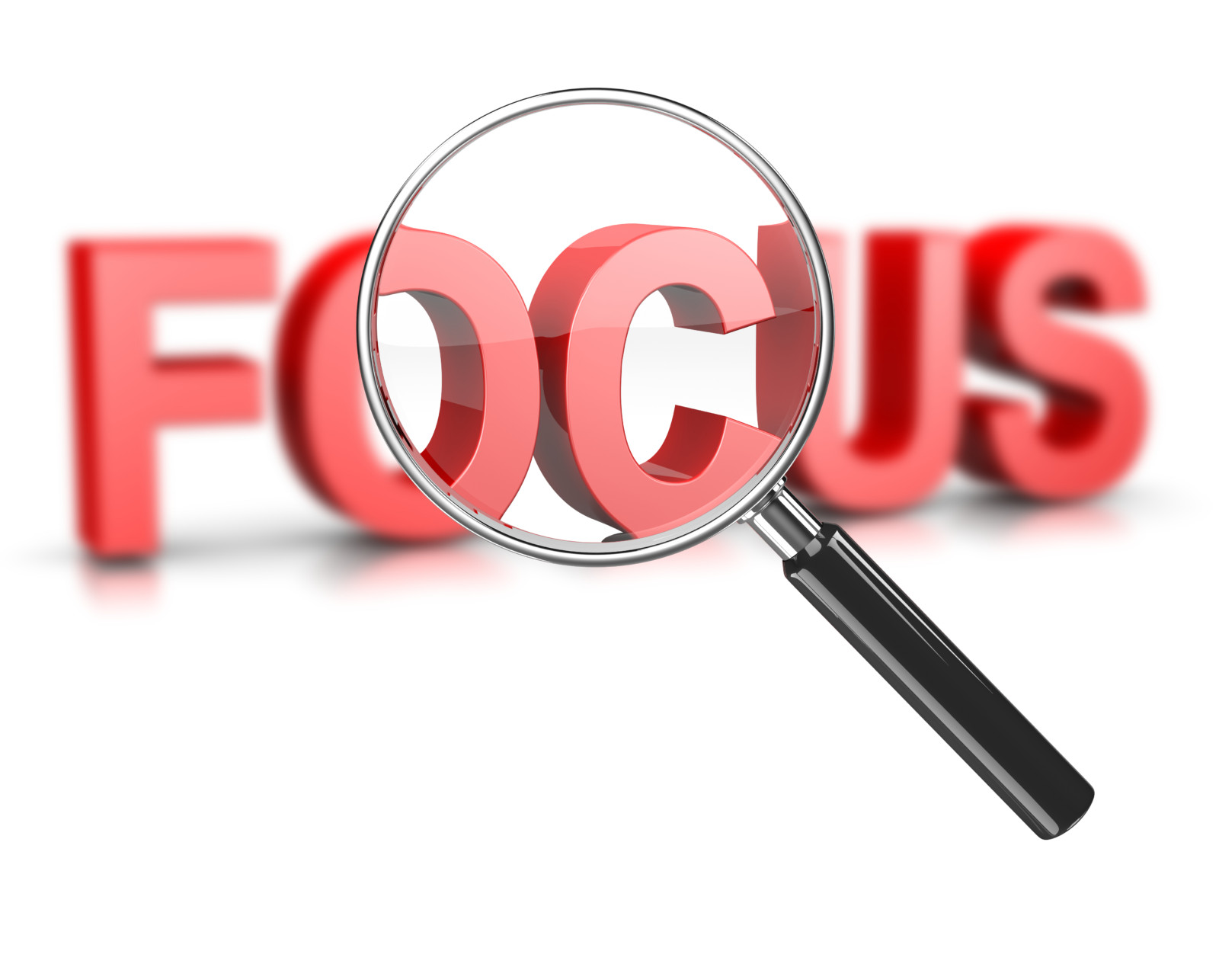
November 8, 2018
Focus was one of the Gallup top 10 dominant strengths that I didn’t realize I had until I took the All 34 test and became a certified coach. My awareness of Focus being a strength of mine and the subsequent changes I made in how I do my work boosted my productivity 25 percent. In this blog, we will identify steps a person with high Focus strength – perhaps you or an employee – can take to increase performance.
Focus is one of the strengths with a label that actually reflects its definition. Those of us with Focus in our top 10 strengths have the ability to hone in on a problem, eliminate distractions, and power through to get the work done. Trying to multitask – while no one can physiologically do it – significantly impairs us because we are at our best with a singular goal focus. It is similar to a light at the end of the tunnel that we fixate on as we identify and push through milestones to reach it. The bad news is that we may not even hear someone when they talk with us while we are “in the zone” (one client actually will respond and make commitments and not recall the conversations). The intensity and output can be phenomenal.
Read the Full Article
August 30, 2018
This is a second blog in a series about how to explain your strengths to maximize impact. Last time we focused on interviewing, and here we will examine building a better relationship with your leader and co-workers.
I recall a few years ago when I was in a first meeting with a client who was a high Analytical. As we were discussing his strengths, every two to three sentences were met with a “why?” or “how can that be?” I had never known anyone to drill down so deep into all the detail. An hour and many questions later, I found myself exhausted (as I am not an “in the weeds” person) but also realizing I needed to appreciate what that strength brought to a team. Because I had an appreciation of his strengths and mine, I was able to self-manage my reaction, increase my patience level, and improve the team’s performance level.
But what if your manager or peer doesn’t know about your Gallup strengths, let alone their own? What do you do then? Read the Full Article
August 15, 2018
When I coach clients interviewing for jobs, one of the most common frustrations I hear is: “I hate to talk about myself.” Gallup Strengths provide a cure for that problem by shifting the focus from “why I am great” to “why I am the way I am.” I think this latter dialogue feels better because it seems more objective, while still getting the necessary points across. This can also be true when explaining one’s actions or thought process to a leader, the subject of the second blog in this series.
Let’s assume you are asked, “Why should I hire you?” Here are two possible answers: Read the Full Article
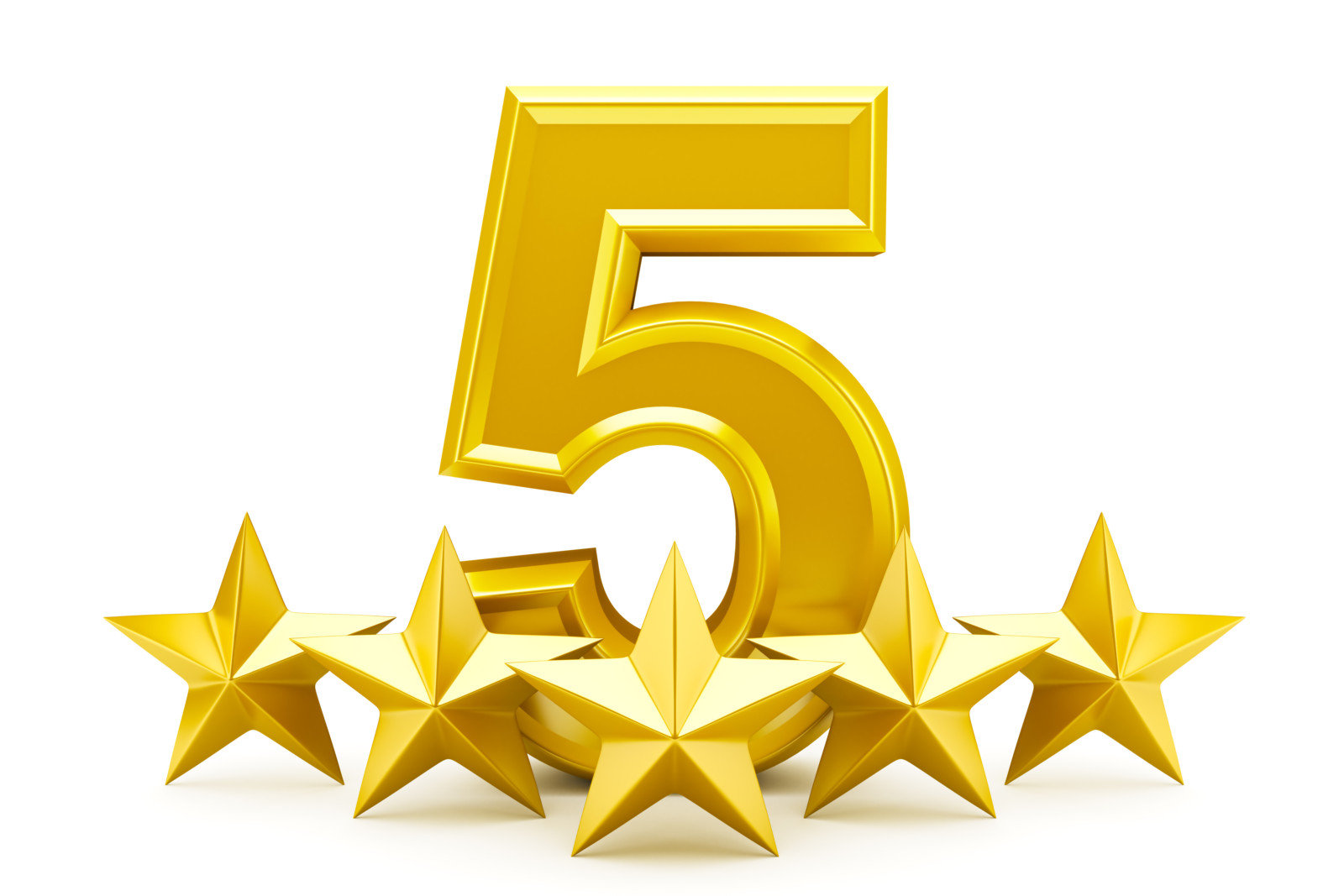
July 24, 2018
I was brought up to be fiercely independent – not needing to rely on anyone or anything. I think many people can relate to this because it is part of our culture of independence in America.
Around 2010, JP Thompson – a student of mine, showed me how wrong my thinking had been and that it is ok to ask for assistance and to be interdependent. That paradigm shift was life changing for me. Without it, I would not be celebrating the fifth anniversary of BONSAI this month.
There are so many people on this journey who have helped transform hundreds of lives, and I am grateful to all of you – my mentors, clients, friends, and most of all, Patrick. You all gave me support, encouragement, advice, opportunity, wisdom, tough feedback when I needed it, and love. Most of all, I am thankful to my heavenly Father for creating me with these gifts and talents and providing wisdom, knowledge and direction when I asked.
Here are some diagnostic questions to see if you suffer from what I did with being too self-reliant:
Read the Full Article
June 15, 2018
In my office, I used to have a framed picture of an empty hammock on the beach with this quote at the bottom:
The art of doing nothing is really something.
I purchased it because I love beaches and hammocks without really thinking about the words written. I recall one day thinking, “When other managers read it, will they think I am lazy?” I have since started BONSAI and gained more wisdom through experiences and learning from those I coach. I have come to realize there is great truth in that proclamation.
Not Resting is on the Top 10 List with Murder
Yes, that reality hit me this morning during my quiet time. Not setting aside a day of rest (taking the Sabbath) is one of the Ten Commandments – as is not murdering. It never occurred to me in that light – God thought they were both of similar importance to put on the top 10 list.
Read the Full Article
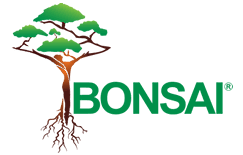






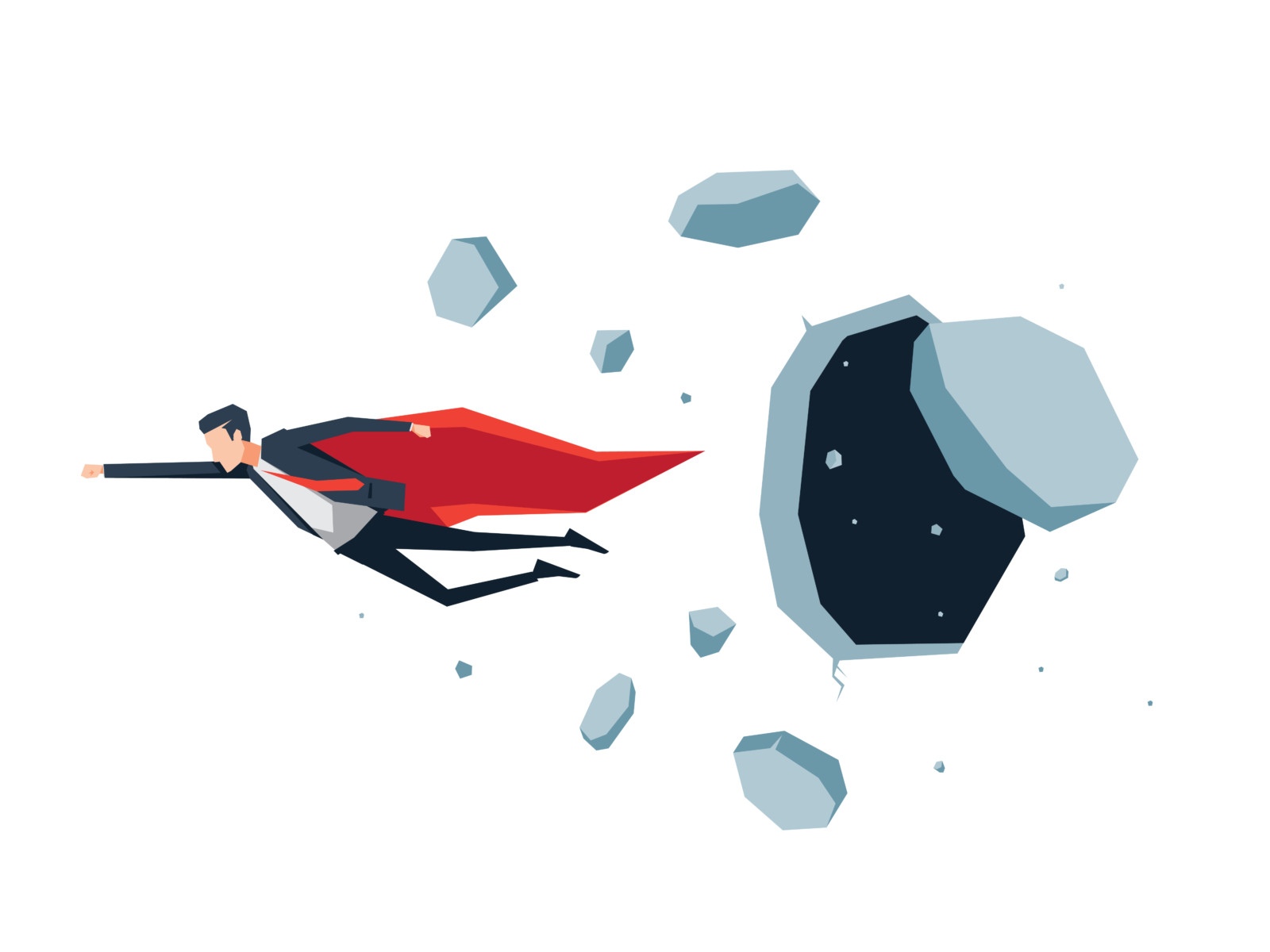



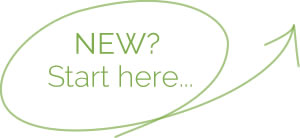



 Britta burrus design.
Britta burrus design.